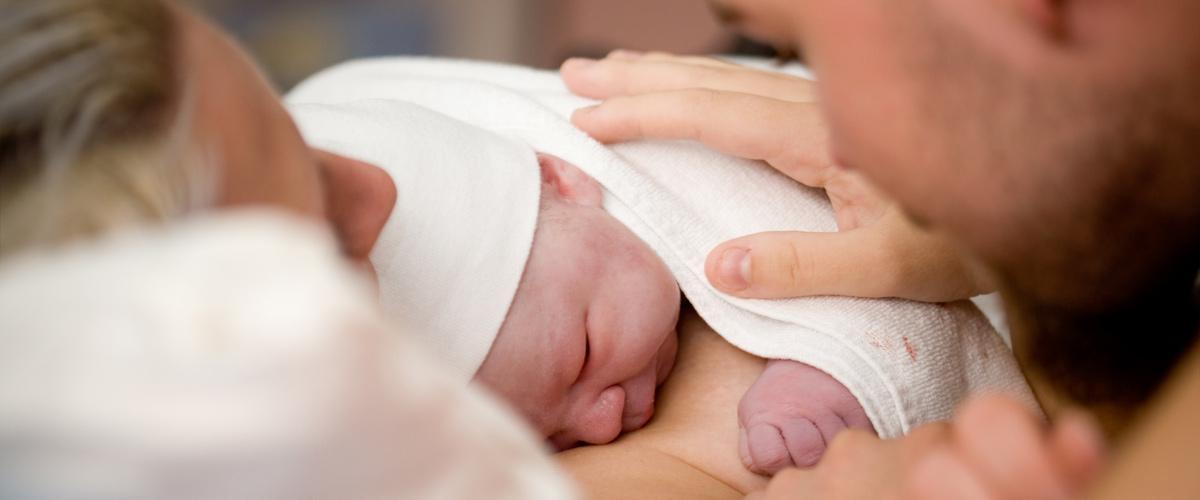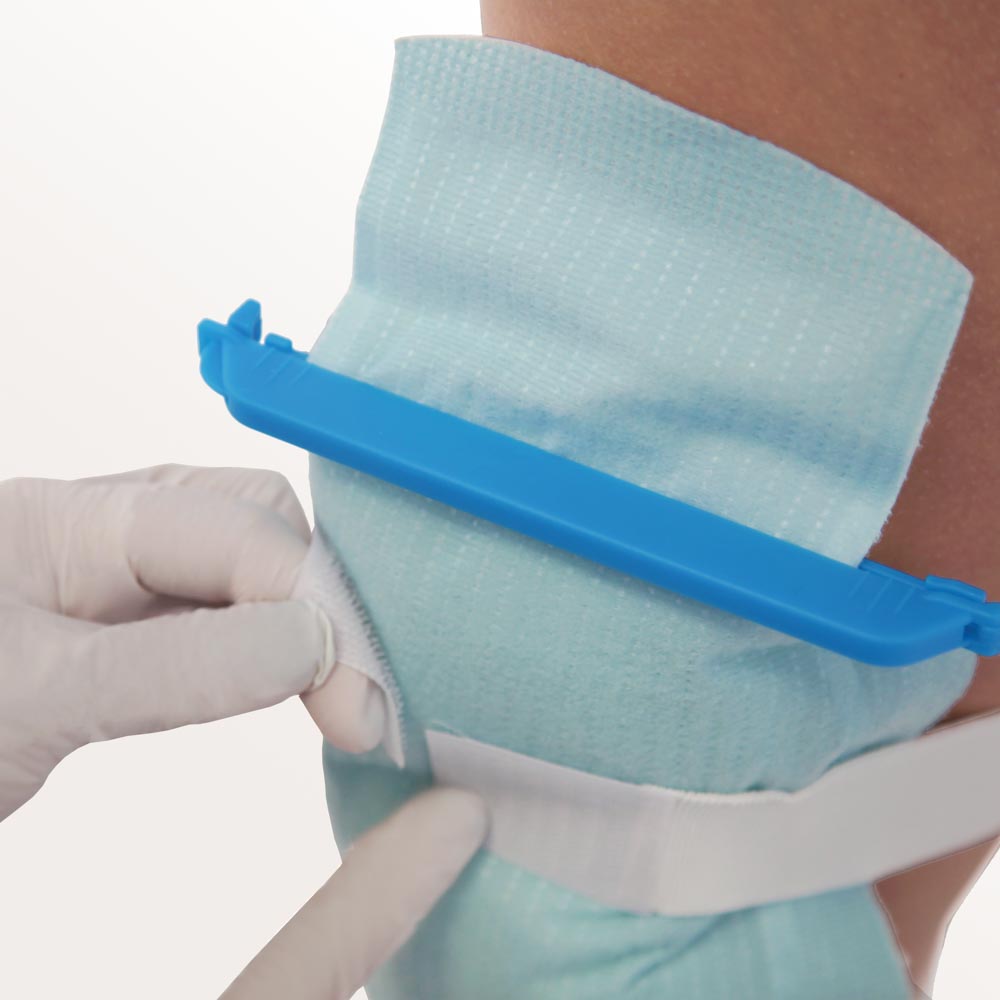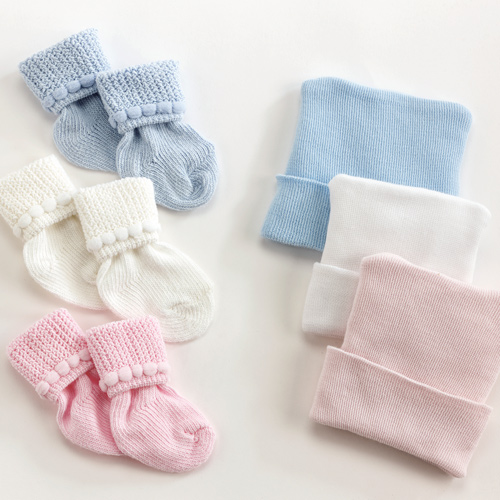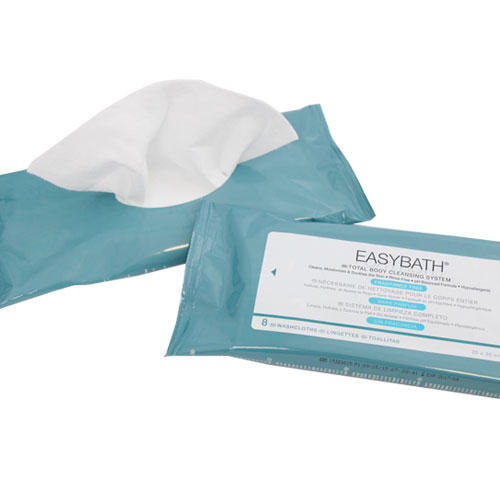The number of births per year is decreasing. According to the Italian National Institute of Statistics (ISTAT), in 2019, around 420,084 babies were born. That is nearly 20,000 less than in 2018 (-4.5%), and over 156,000 less than in 2008.¹ Meanwhile, during the last 40 years, the number of births by C-section has increased remarkably, moving from 11.2 to 33.2 per cent between 1980 and 2000.² And the social effects of economic crises have influenced women in Italy to postpone bearing children until advanced ages.
Whether decreasing, by C-section or delayed, births are important and should be special moments that are facilitated in the safest and most comfortable way.
A months-long journey
So what is pregnancy? What happens leading up to birth or after? Some of us can’t give a first-hand account but there is enough information (facts or anecdotes) out there to give us an idea.
Pregnancy, or gestation, is the development of one or more offspring in a woman, typically for nine months,3 and for many women, it’s a very difficult period. One way to think of it is, a small person growing in a woman’s belly, her having to share every waking moment and never forgetting it’s there, and then being forced to have a potentially painful separation.
Each mother is, of course, different; some could face issues, such as nausea, headache, insomnia, amongst other things, while some go through this period virtually without problems. And, as many women have reported, they can feel a range of sensations and may be subject to changes that depend on a variety of factors; a sudden urge to eat certain foods, unexplainable laughter and mood swings, to name a few. As you can imagine, mothers-to-be/mothers have to count on the support of partners and others, and be on the alert—all the time. They also depend on the preparedness of healthcare facilities for safety, relief and comfort.
Special moments
Eventually, you’ll hear ‘It’s time!’ or ‘My water broke!’ But sometimes, it’s a false alarm. Then, another time when they least expect it, they have to hurry to the hospital because the time has come—finally.
As before this point, a woman may or may not have difficulty. During the delivery, for those who do, the pain (contractions of the uterine muscles and pressure on the cervix) can be felt in the back, abdomen, groin and thighs. It has been described as continuous, similar to what is felt during renal colic or as if something is squeezing against the pelvis. Indeed, by now, the baby is making its way through the birth canal so any (or a combination) of these sensations is possible. So, it is very important that women feel comfortable during these moments in the hospital because what’s about to happen will change their lives forever.
Thus, the hospital and healthcare operators should make sure mothers-to-be/mothers are comfortable and protected by providing items, including, but not limited to: gowns to cover their bodies, slippers and slippery socks for warmth and falls prevention, wipes for cleansing, and ice bags for localised cold therapy. In addition, after the miracle of birth, the healthcare facility should ensure skin-to-skin contact happens between mother and baby. The World Health Organization (WHO) recommends that this is prioritised.4 This should also apply to births by C-section. Of course, the newborn baby should also be welcomed properly with coverage and comfort via caps, socks and baby blanket, for example.
Unless we’re in her position, we will never know the range and intensity of what a woman experiences leading up to, during and after birth. How she can endure such a significant and unpredictable months-long life experience is her ‘secret’ to keep. We can only appreciate that this experience secures the future of humanity, help her be safe, provide supplementation where needed, and ensure she and her child enjoy special moments.


Roberto Marrazzo
Sales and Marketing Apprentice, Medline Italy
Roberto is a native of Prato (near Florence) who is keen on wines and has a passion for travelling, foreign languages and, most recently, digital marketing. His educational background is in languages (Spanish, English and Arabic), as well as intercultural studies. Learn more on LinkedIn.


Laura Formichi
Marketing & Sales Coordinator, and QA/RA Delegate, Medline Italy
Laura has a degree in molecular biology and has been working at Medline for over a decade in marketing and quality assurance and regulatory affairs. She resides in the Chianti hills in Florence (famous for wine and oil), loves reading and enjoys communing with nature!
To contribute to this, Medline has placed focus on obstetrics and gynaecology through campaigns, which aim to provide the best products and improve the path to childbirth. If you would like to know more about the products mentioned, you can explore them on Medline’s website:
References:
1. https://www.ilpost.it/2020/12/21/istat-natalita-nascite-2019/#:~:text=Nel%202019%20ci%20sono%20state,record%20di%20diminuzione%20della%20natalit%C3%A0
2. https://www.epicentro.iss.it/percorso-nascita/spinelli
3. "Pregnancy: Condition Information". Eunice Kennedy Shriver National Institute of Child Health and Human Development. 19 December 2013
4. https://www.who.int/westernpacific/news/feature-stories/detail/skin-to-skin-contact-helps-newborns-breastfeed













